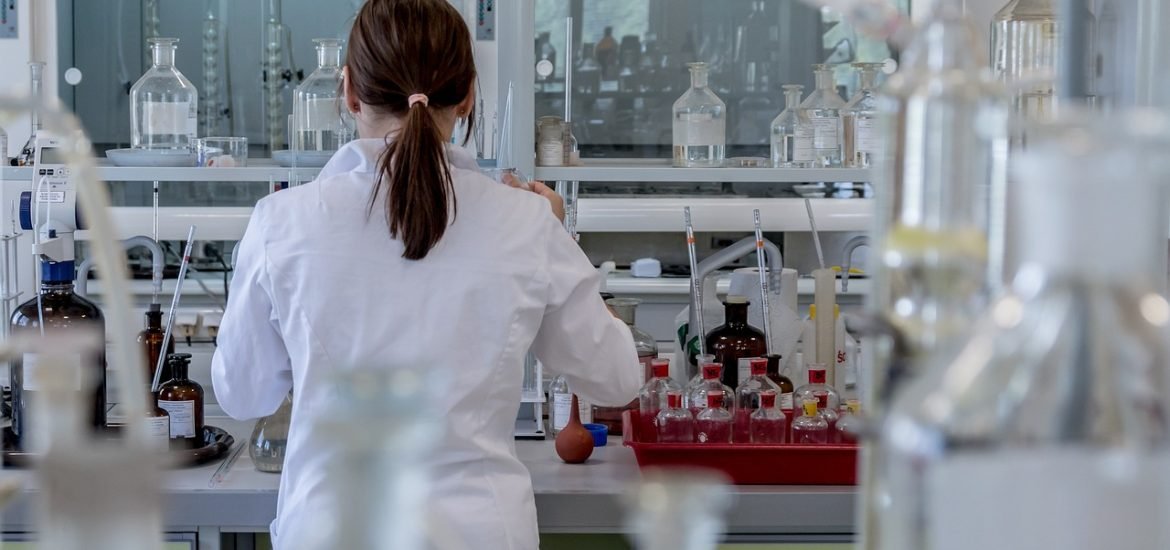
A team of researchers from the University of Dundee’s Drug Discovery Unit (DDU) and Queen Mary University of London, UK, have discovered a new way to stop cancer cells, meaning new drug treatments can eliminate them.
Using a type of cells called basal-like breast cancer (BLBC) cells, the researchers identified a series of chemical compounds called tool molecules to stop active cancer cells. Using these tool molecules forces tumour cells into a pro-senescence state (similar to a sleep-like state) where they can no longer divide. In this condition, cancer cells are then susceptible to a second group of tool molecules — called senolytic drugs — which eliminate them. This approach also makes cancer cells more easily detected by the immune system, opening the door to other therapeutic methods.
Work started at Queen Mary University of London, where Cleo Bishop, Professor of Senescence, led a team that uncovered a pathway to force cancer cells into pro-senescence. To continue their work, they then collaborated with a second team based at the University of Dundee’s Drug Discovery Unit (DDU) to develop the two sets of tool molecules to promote senescence within the cells.
“At present, the most common treatments for BLBC are surgery and unsophisticated chemotherapy regimens. Consequently, the lack of possible targets for tailored therapies and the aggressive clinical course means that women with BLBC have a particularly poor prognosis,” said Professor Bishop. “Pro-senescence therapies activate a stable cell cycle arrest halting tumour growth, trigger anti-tumour immune responses and expose cancers to novel treatment regimes called senolyitcs.”
The pro-senescent ‘first punch’ tool molecules are now undergoing a 12-month evaluation phase and, if successful, could result in a new company being established to continue research. “The one-two punch approach has gained lots of interest in recent years, but currently, there is no clinical precedent, by moving the project forward with ValiRx we are leading the way in translating the research to the clinic.,” said Charlotte Green, Head of Business Development at the University of Dundee’s Drug Discovery Unit.